In the third year of the Bachelor of Pharmacy programme at IMU University, two students from BP121, Elly Uwajima and Lai Yu Xin, were given the opportunity to go to Hiroshima, Japan for a 4-week elective placement in Hiroshima University from 18 March 2024 to 12 April 2024. The attachment was mainly in Hiroshima University Hospital (HUH) and the research laboratory in Hiroshima University.
First Week
In the first week of their placement, the students explored various departments in Hiroshima University Hospital (HUH) under the guidance of the pharmacists in charge, including dispensing, Inpatient Ward, Outpatient Ward, Emergency Department, Oncology Department, ICU, Surgical Department, Drug Information Department, Clinical Trial Department, and many more. The pharmacists explained their job scopes and showed the students the computerised system that was equipped by HUH, which allows hospital pharmacists to communicate with community pharmacists who tend to the patients that came to HUH.
While exploring different departments, the students learned that HUH uses various technologies, such as medicine picking robots which allow minimal errors by the pharmacists during dispensing. Besides, one-dose packaging machines for both tablets and powders are used to minimise errors, ensuring that patients do not forget the doses that need to be taken during each time.
In addition to that, the students learned about the medicine notebook that is used not only in HUH, but everywhere in the country. The medicine notebook records information on any past and current medications, as well as allergies the patient has. It is given to the pharmacist in charge whenever the patient visits the community pharmacy or hospital. This can help prevent any drug-drug interaction or drug allergies if the patient is given a new medication.
During the students’ visit to the Surgical Department, they learned the roles of operating room pharmacists which include management and preparation of medications used in the operating theatre and assessment of pre-surgery patients. Operating room pharmacists are also part of the postoperative pain management team, where they are in charge of informing the ward pharmacists about patients that underwent surgery, especially alerting them about those with high risks of side effects.
The students also visited the Clinical Trial Department, where the pharmacists explained to them about their roles in the Clinical Research Centre in Hiroshima and the process of clinical trial in HUH before they were given a tour in the room where the clinical trial medications were stored.
Furthermore, the students had the opportunity to shadow the pharmacists who went to consult patients who are to be discharged from the inpatient ward. During the counselling, the students were able to observe the verbal and non-verbal skills of the pharmacist which would be beneficial for them to apply when they start working.
Second Week
Starting the second week, the two students from IMU were joined with four other pharmacy students from University of Tennessee, United States. Shortly after the group exchanged introductions, two senior students from HUH arrived and led them off campus to Tetsumura Pharmacy, an herbal medicinal pharmacy. The pharmacy specialises in a type of medicine known as Kampo Medicine and was presented by the owner of the pharmacy as a form of traditional Japanese medicine with roots in ancient Chinese medicine. Furthermore, all six students participated in preparing a concoction of herbal medicine and operated a special machine that divides the concoction into seven packets, providing a week’s supply for a patient to manage fatigue.
Afterwards, the seniors from HUH organised a Takoyaki party for all the exchange students. While this was only Elly’s and Yu Xin’s second week in Japan, it was the last week for the students from the United States, making it both a welcome and farewell party. This event served as a perfect opportunity for cultural exchange, as students from three countries mingled in a casual atmosphere, enjoying good food and creating a memorable experience for everyone involved.

Continuing their week, the group of students visited Everlth, a pharmaceutical wholesaler. The company was founded after the tragedy of the atomic bombing of Hiroshima and places a strong emphasis on preparing emergency medical supply kits, which are distributed to natural disaster sites to aid in victim recovery. In addition, they market and distribute pharmaceuticals, medical equipment and materials, prescription drugs, proprietary drugs, and special drugs to hospitals, clinics, and pharmacies. The students toured the entire factory and learned about its operating system to keep up with the logistics in terms of product supply across Japan.

Prior to arriving in Japan, the students were asked to prepare a presentation for the staff of the department of pharmacy in HUH. Elly and Yu Xin worked together to present about the Pharmacy Curriculum in Malaysia while the American students split up to create three presentations, respectively on the Residency Programs in America, Pandemic Pandemonium (The Impact of COVID-19) on Pharmacy in the United States) and a case study about overdose poisoning.
The staff of HUH actively participated by asking intriguing questions to the students in an effort to learn more about their country, specifically in the pharmacy field.
The students’ time in Hiroshima was not limited to only one university as another school, known as Hiroshima International University, decided to bring them over for cultural exchange. Whilst there, the students were given a tour around the campus and learnt how to handcraft traditional Japanese accessories. The delightful visit continued until night as everyone gathered around to share dinner whilst engaging in enjoyable conversations with each other.

The outings continued the next day as the students visited the well-known Japanese Red Cross Hospital in Hiroshima. There, the students gained a profound understanding of Hiroshima’s history and empathised deeply with the tragic events. Their visit highlighted how the drive to heal has propelled Japan’s healthcare industry to new heights, exemplified by the hospital’s newest high-tech equipment for the automatic compounding of chemotherapeutic drugs. This innovative invention addresses the current staffing shortages in the pharmacy industry, and the students hoped that such advanced technology would one day be widely distributed worldwide.
Weeks 3 and 4
In the third and fourth weeks in Hiroshima, the students were separated into different departments in Hiroshima University to conduct research.
Elly
Pharmacotherapy Department
One of the students, Elly was assigned to the Pharmacotherapy Department, where various research about mast cells and allergies were conducted under the guidance of a supervisor. During the two-weeks research, new research skills were developed through the various experiments conducted.
According to Elly, one of the most memorable experiments was when she had the opportunity to dissect a mouse and was taught to isolate the bone marrow cells from the tibia and femur of the mouse in order to culture bone marrow mast cells. Other experiments that were conducted include cell culture, cell isolation, assays, and immunofluorescent staining. Through the collaboration works with the fellow professors and students in the department, she felt that this experience enhanced her analytical skills, and she gained a deeper understanding of the theoretical frameworks of these research projects.
Yu Xin
Department of Molecular Systems Pharmaceutics
The other student, Yu Xin was assigned to the Department of Molecular Systems Pharmaceutics, where the focus of the laboratory was to unravel the mechanisms and barriers of bodily systems using state-of-the-art omics technology and make a breakthrough in disease drug discovery.
Yu Xin had spoken highly of the students and professors of the laboratory as they had guided her through many complicated lab procedures such as preparation of cell culture medium, medium change, sub-culture, cell counting, maintenance of cell lines and lipofection with desired DNA into a tumour suppressing microRNA. It was noted that Yu Xin worked with lung cancer cells and the therapeutic outcome was measured through a Tetrazolium Test, which allowed her to check for cell viability of the cancer cells.
Overall, her time at the lab had piqued a great interest in research as she had the opportunity to experience first-hand the triumph of a successful experiment through attentive guidance from the people at the lab and learn about the unique skillset possessed by researchers and laboratories of other countries.
An Invaluable Experience
The opportunity to do an elective in a hospital abroad has given students an invaluable experience to observe working pharmacists in their professional environment and gained insightful knowledge on the cultural differences and its influence in the healthcare sector between Malaysia and other countries. This once-in-a-lifetime experience will surely aid in the growth of the students to develop into the respectable pharmacist such as the role models they met during their time at Hiroshima University.





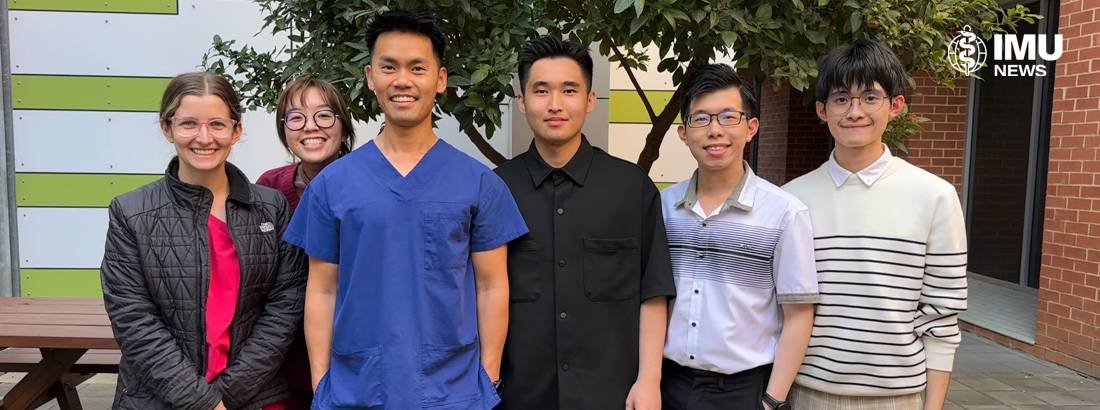
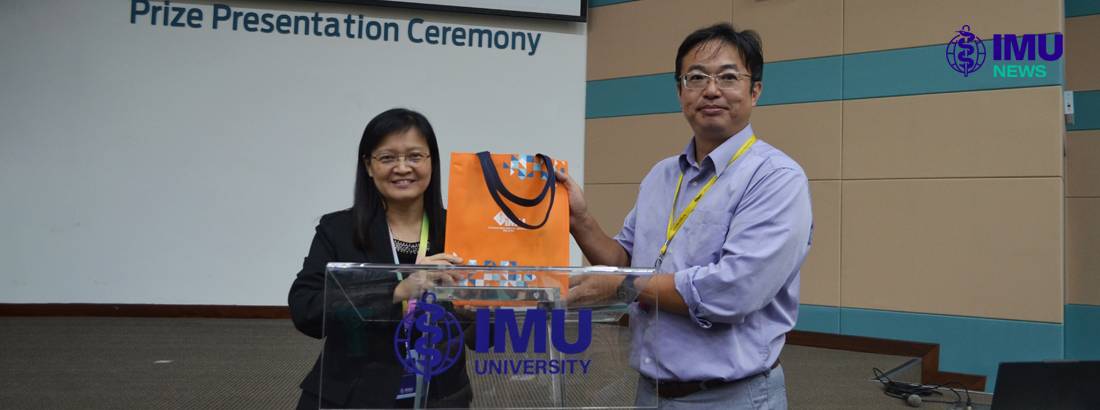

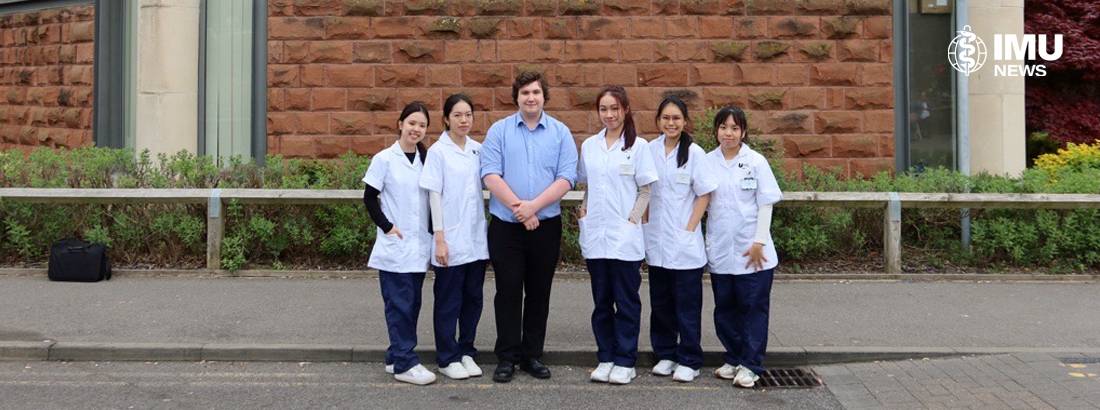
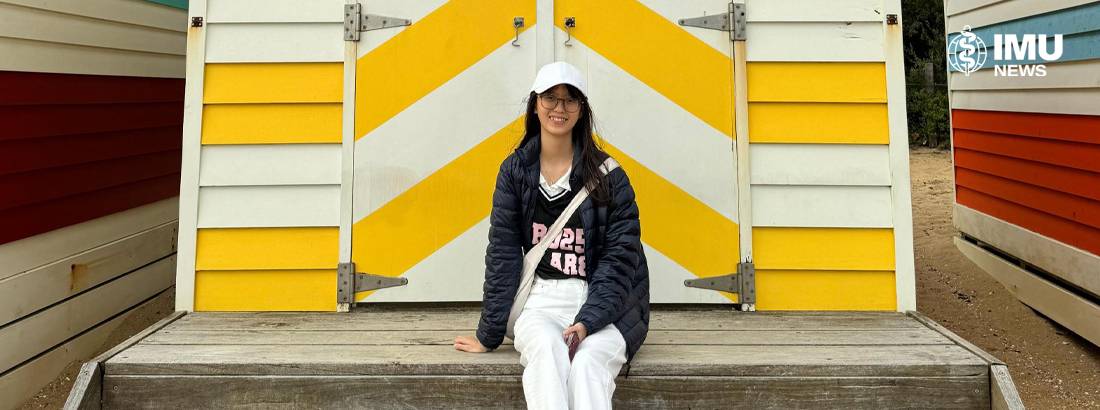
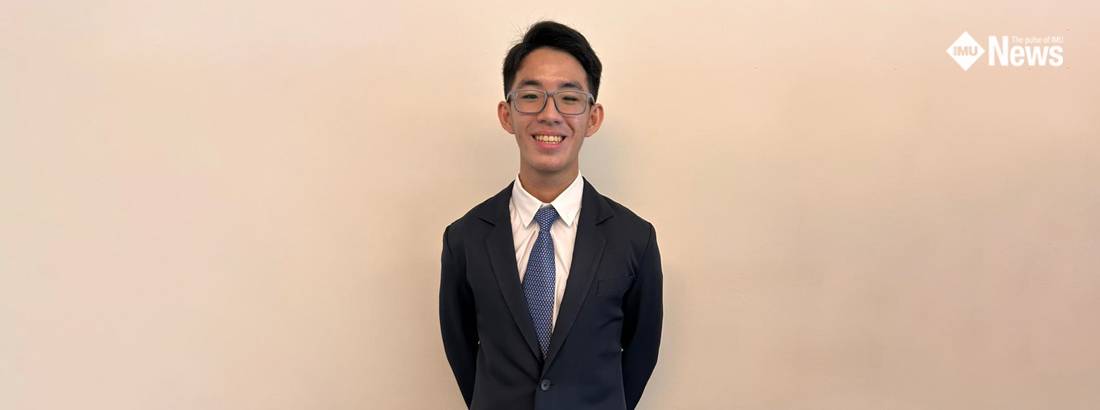
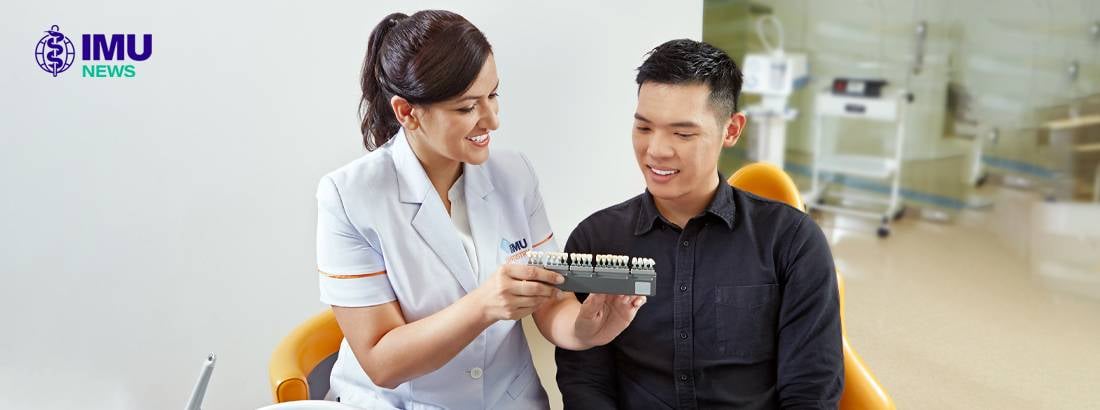
No approved comments.